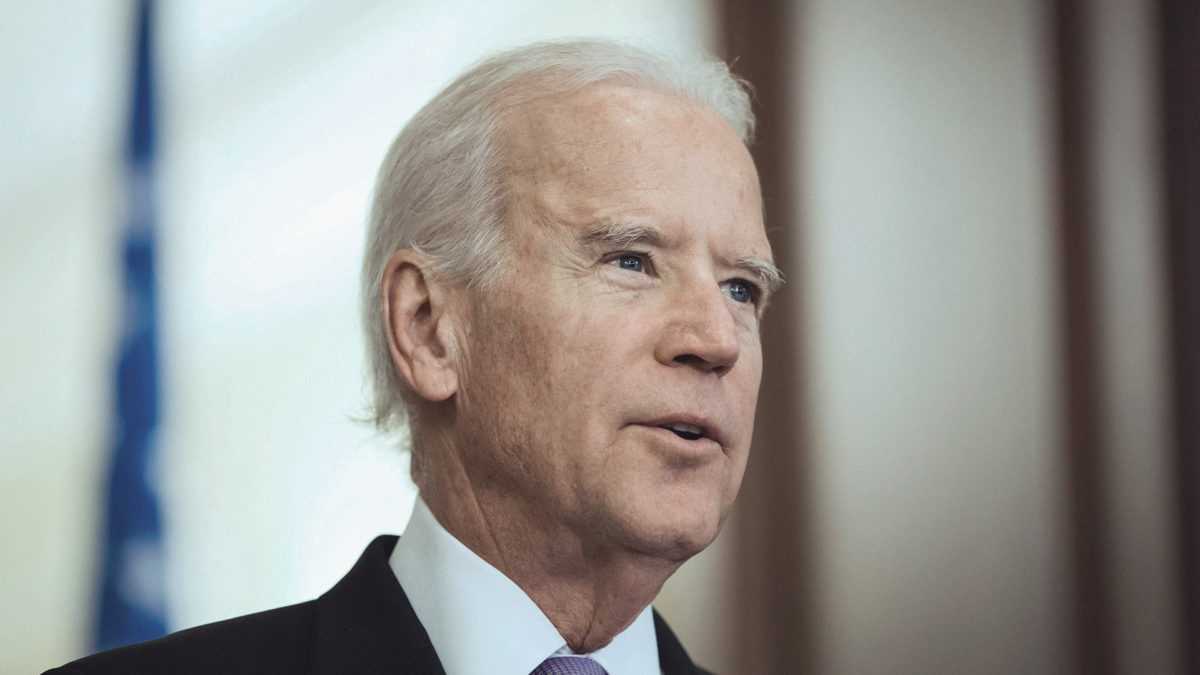Biden signs infrastructure bill, handing crypto broker definitions to the US Treasury


President Joe Biden signed the Infrastructure Investment and Jobs Act into law on Monday, with controversial crypto tax definitions now in the Treasury Department's hands.
Biden appeared alongside Congressional leadership on the White House lawn in an event advertised as a bipartisan show of support for the new legislation and "the historic benefits the Bipartisan Infrastructure Deal will deliver for American families."
Upon signing, Biden thanked "Democrats, Republicans, progressives and moderates" among the Congressional leadership, saying: "Today, we're finally getting this done. America is moving again."
Progressives in the House had been stalling a vote on the infrastructure bill, which had bipartisan support, in the hopes of linking its passage to the Build Back Better Act, which faces a shakier future. A rough election day for Democrats in a number of key gubernatorial spots earlier in November unsettled those plans, putting pressure on the administration to pass the bill.
As part of its revenue-raising provisions, the infrastructure included new definitions for "broker" among cryptocurrency network participants. These expanded definitions aimed to increase transparency for the IRS, but ultimately run the risk of requiring network actors like node operators to report identifying information for crypto transactions that they have no way of gathering.
The issue became the center of a high-profile battle in the Senate, where the bill saw an abridged process that left little time for amendments. An amendment looking to soften the definitions ultimately faced a threshold of unanimous consent rather than a majority vote, meaning that a single senator, Richard Shelby, was able to stop it from entering the bill.
While that battle resulted in a massive boost in crypto's visibility on Capitol Hill, the open-ended language never changed.
Those definitions of broker will, however, face the process of rulemaking within the Treasury. The Treasury at the time approved of the softened language of the amendment and has said that it would not look to make node operators and miners report as brokers, but rules set at this point are subject to change from the regulator itself. However, there is also supposed to be time for public response to future rulemakings. By the Treasury's own estimate the crypto reporting measures were not expected to be a major money-maker, so it is unlikely to be a top priority.
Alongside the news, Senators Ron Wyden and Cynthia Lummis introduced new legislation that looks to limit those definitions in the statute itself, echoing the original compromised language.







